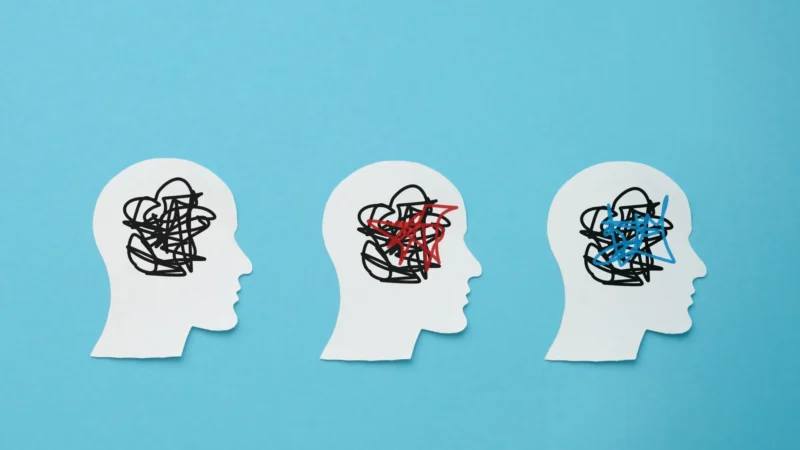Fast Facts
-
Diagnostic Challenges: Diagnosing ADHD in adults is complicated due to criteria primarily based on children’s behavior, leading to reliance on subjective experiences rather than standardized assessments.
-
Rising Diagnoses: An increasing number of adults diagnosed with ADHD, often prompted by social media, raises concerns about diagnostic validity and proper assessments, as many were undiagnosed in childhood.
-
Methodological Shortcomings: A study reveals that 50% of randomized controlled trials on adult ADHD failed to conduct thorough diagnostic evaluations, allowing for the potential misdiagnosis of overlapping mental disorders.
- Need for Professional Assessment: Only 35% of studies confirmed diagnoses were made by trained professionals, highlighting the necessity for consistent, rigorous diagnostic criteria to ensure effective treatment and avoid risks of misdiagnosis.
Understanding the Diagnostic Landscape of ADHD
The rise in adult ADHD diagnoses demands attention. Originally designed for children, the criteria for ADHD often fall short when applied to adults. Many adults now seeking help for ADHD report issues like trouble concentrating or impulsivity, often spurred by social media discussions. Yet, these self-reports may lack the rigor needed for accurate diagnosis. A recent study reveals significant flaws in trials, suggesting these criteria do not sufficiently account for symptoms shared with other mental disorders, such as depression or schizophrenia. This overlap complicates the path to a reliable diagnosis. Without a comprehensive assessment, individuals may misinterpret their symptoms or receive an incorrect diagnosis altogether.
Many clinical trials do not prioritize thorough evaluations before treatments begin. Evidence indicates that over half of these studies do not adequately rule out other mental disorders, risking misdiagnosis. This shortcoming undermines the validity of treatment results. The trust placed in randomized controlled trials often falters when researchers do not disclose who conducted the assessments. Regulations call for trained professionals—psychologists or psychiatrists—to make these decisions, yet many studies fail to meet this standard. If a computer or a non-expert performs assessments, the findings become unreliable. Therefore, uniform diagnostic criteria are essential to ensure accurate treatment and management plans.
Implications for Treatment and Society
The consequences of flawed ADHD diagnoses extend beyond the individual. Misdiagnosed individuals may receive unnecessary treatments that could lead to adverse side effects. As awareness of ADHD grows, especially among adults, the demand for accurate assessments increases. Society must ensure that diagnoses come from reliable sources trained in mental health. This shift in perspective can also reduce stigma around mental health conditions.
Furthermore, as the number of adults diagnosed with ADHD climbs, understanding the complexities of mental health becomes paramount. Stakeholders in healthcare, academia, and policy must prioritize rigorous research methodologies and standards for assessment. Addressing these gaps will lead to more effective treatments and promote a healthier society. In an age where mental health awareness is essential, fostering accurate diagnoses will significantly impact the journeys of many individuals. It’s time to ensure that those seeking help receive appropriate care based on sound findings and comprehensive evaluations.
Expand Your Tech Knowledge
Learn how the Internet of Things (IoT) is transforming everyday life.
Stay inspired by the vast knowledge available on Wikipedia.
TechV1

